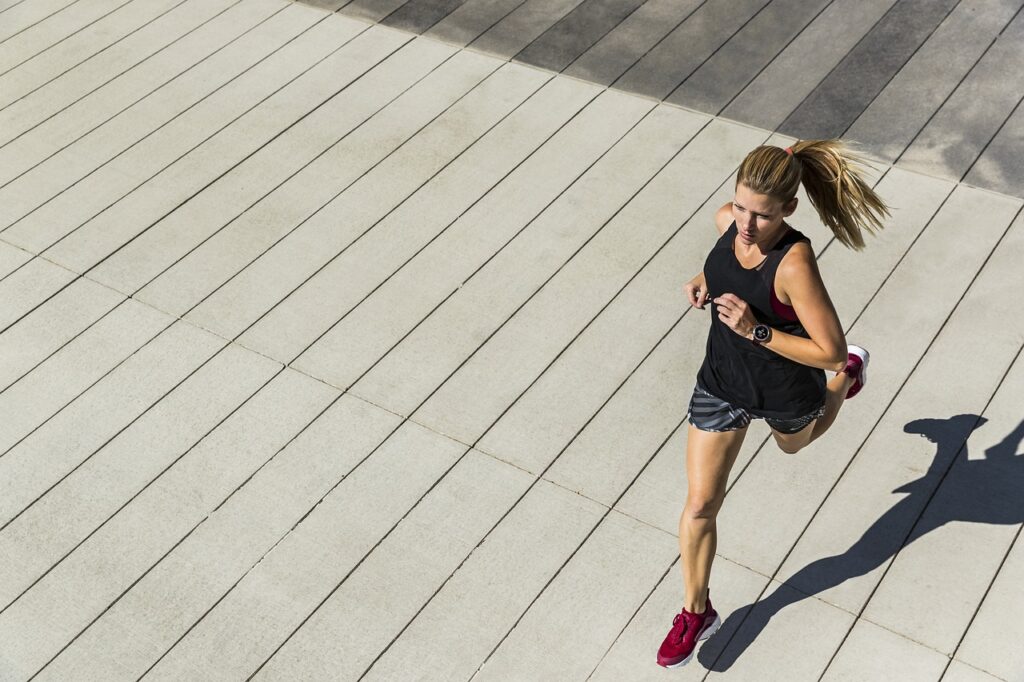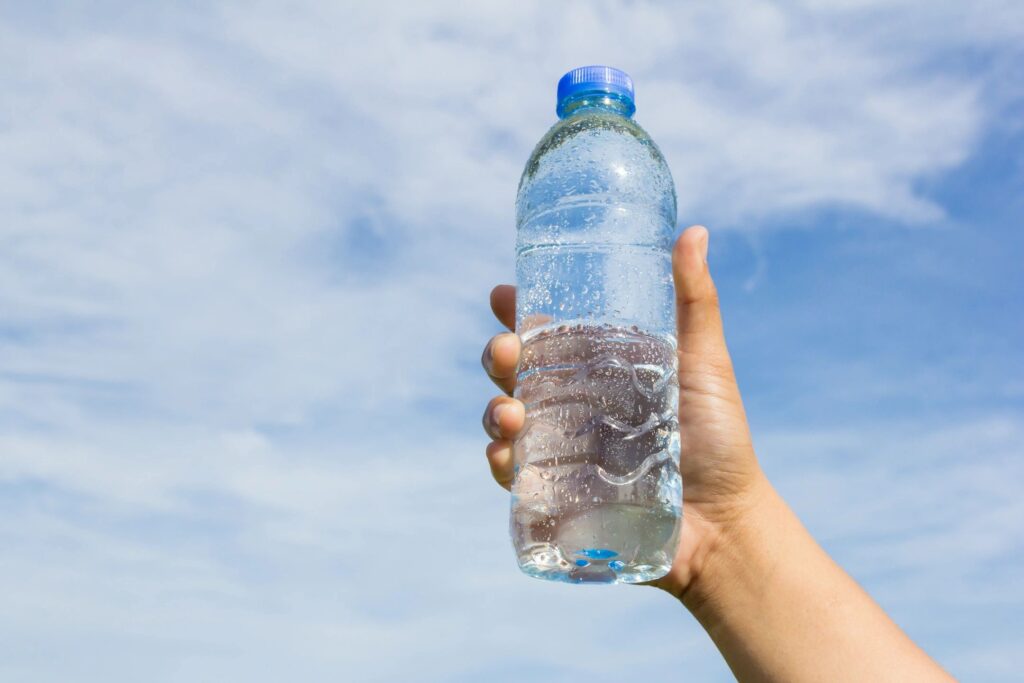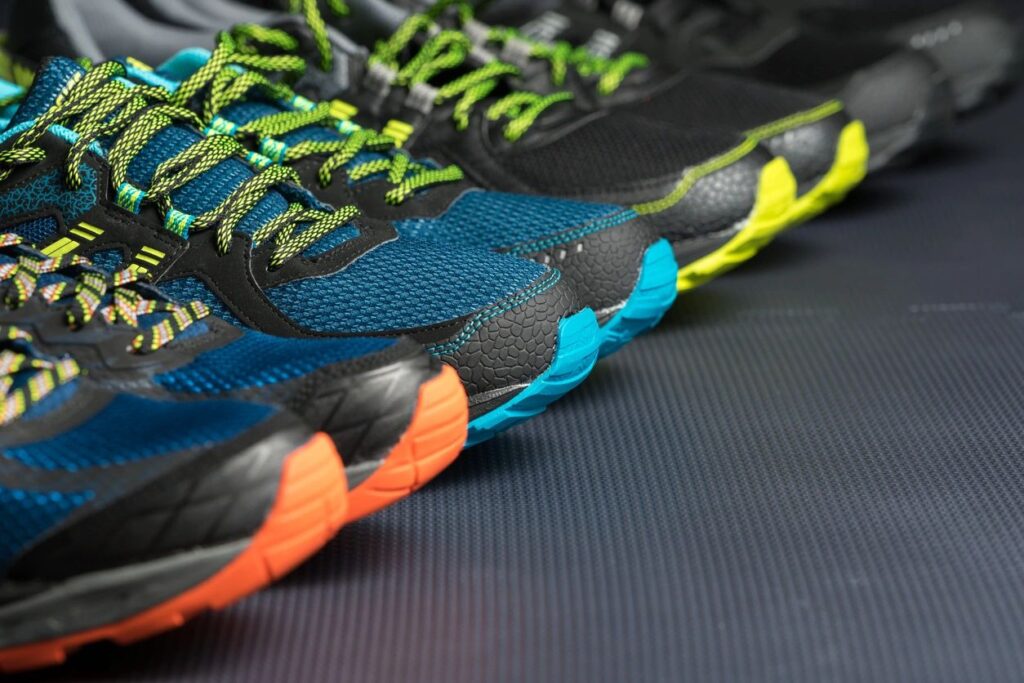As the day breaks and you get up on your feet to run a few kilometers, you need to eat something before you begin. Whether you are a marathoner or a casual jogger, regardless of your reason for running, the importance of eating before you embark on the morning run cannot be overemphasized as it has proven to help runners optimize proper performance.
We’ve put together a few helpful eating tips on what to eat before taking your morning run and also cleared some of your doubts about eating in the morning before running. Scroll down to discover more details.
Should you eat before running in the morning?
Most people get confused about whether or not to eat before running in the morning. I would answer this by saying there is no one-size-fits-all as it all boils down to personal preference.
However, there is the need for you to answer some questions before deciding on whether to eat or otherwise before running in the morning.
- At what intensity are you going to run? If you would be running at a higher intensity it is best advised to eat, but if you would be running at a lower intensity, you might decide not to eat.
- What length do you intend to run? Running long distances without eating is not advisable, not even for your health. Glycogen is the stored form of carbohydrates and it is primarily where the body gets energy. Your body might not have all the glycogen it would need for the run especially if the long distance would be at a higher intensity.
- If you’re running over a short distance, or just a 30-60 minute workout, eating before such morning runs might not be necessary.
Generally, it is good to eat before starting your morning run. It provides the needed energy for your body and helps you to exercise efficiently. In addition, it helps your body’s glycogen to be at the required level before the morning run, your energy levels at the start of the race might not be sufficient for as long as you might think. However, if you decide not to eat, then it is wise to stick to moderate-intensity running sessions and at moderate distances.
What are the best pre-run breakfast options?
Now that we have discussed whether to eat or not before your morning run, the next question is, what are you going to eat? There are numerous breakfast options before your morning run. It is important to note that for an exercise like running, a significant form of oxygen is required. This makes carbohydrate-rich meals the best options for breakfast before a morning run.
A mini bowl of oatmeal and banana
A mini bowl of oatmeal and banana is an excellent breakfast option before a morning run due to its combination of complex carbohydrates, fiber, and essential nutrients. Oatmeal provides sustained energy release, while the fiber aids digestion and helps regulate blood sugar levels. The addition of a banana contributes potassium, an electrolyte important for muscle function. The moderate protein content supports muscle repair, and the meal’s ease of digestion minimizes the risk of discomfort during the run, making it a well-rounded choice for pre-exercise fuel.
A slice of toast and honey
A slice of toast with honey is a good breakfast option before a morning run for several reasons. The toast provides easily digestible carbohydrates, offering a quick source of energy. The honey adds natural sugars for a rapid energy boost, and its simple sugars can be quickly absorbed by the body. The combination of carbohydrates and sugars helps fuel your muscles for the run. Additionally, the simplicity and lightness of this option make it easy on the stomach, reducing the risk of discomfort during your exercise.
Energy bars
Energy bars can be a convenient and effective breakfast option before a morning run. These bars are often designed with a balanced mix of carbohydrates, proteins, and fats, providing a quick and sustained source of energy. The easily digestible nature of energy bars ensures that nutrients are readily available for your run. Their portability makes them a practical choice for those with limited time before exercising. Moreover, the controlled portion size allows for easy customization to meet individual energy needs, making energy bars a convenient and efficient pre-run fuel option.
Also, eating a meal rich in carbohydrates the night before will help increase your glycogen storage.
Here is a list of carbohydrate-rich meals that are suitable for dinner:
- Brown Rice and Grilled Chicken: You can’t beat classic brown rice and grilled chicken, which provide complex carbohydrates to keep you full along with a great source of muscle-growing protein.
- Sweet Potato and Black Bean Chili: Hearty beef chili, this is not. Black beans give you both carbs and protein, while sweet potatoes are packed with complex carbohydrates. This is a silky and soothing option for when you’re too pooped to cook.
- Quinoa Salad with Vegetables: Quinoa is a complete protein and is also full of complex carbohydrates making it the perfect thing to pair with a variety of vibrant vegetables for a nutrient-rich meal or side-dish that will fuel the busiest of days.
- Whole Wheat Pasta with Tomato Sauce and Vegetables: Whole wheat pasta is a great source of complex carbs, which makes it much, much harder for your body to convert it to fat. Pair with a vegetable-filled and tomato-based sauce and you have an incredibly tasty and good-for-you noodle dish.
- Chickpea and Spinach Curry with Brown Basmati Rice: Chickpeas provide enough carbohydrates and protein to let us get a fully mouthwatering curry on the table — especially when you serve it over brown basmati rice.
- Vegetable Stir-Fry with Tofu and Brown Rice: Packed to the brim with a variety of veggies, tofu for protein, and brown rice for those oh-so-good-for-you complex carbs, this stir-fry is the ultimate in health and satisfaction.
- Lentil Soup with Whole Grain Bread: Lentils and whole grain bread are the key players here: One gives you myriad B-vitamins to keep you energized, while the other provides fiber to keep you full.
How much you should eat before running in the morning
The quantity of food you take can be influenced by the time at which you had your dinner the night before. The glycogen levels of two people who had their dinners at 5:00 pm and 8:30 pm would be different when they woke up in the morning. Hence, they would require different levels of carb intake.
If you had dinner late, a small portion of carbs that would be easier to digest is okay. However, if you had your dinner earlier in the evening, then your glycogen storage might probably be low before you go far during your morning run. You would need an intake of a substantial carbohydrate meal.
The quantity of food also works with the time you would be headed for the door. If you’ll leave in less than 30 minutes then it’s advisable to go with a simple carb meal.
If you have an hour or more, a substantial carbohydrate meal is a better option. Eating the right proportions of breakfast at the right time would help you get the most out of every mile of your morning runs.
What not to eat before a morning run
Not all meals are perfect for your morning run! There are meals you can eat before running in the morning, and there are also meals to stay away from.
Here’s a list of food to avoid before your morning run.
Fatty Foods
Foods high in fat, such as fried foods or fatty meats, can lead to discomfort during the run as they take longer to digest.
For example:
- Burger
- Cheese
- Bacon
- Sausage sandwich and anything generally high in fat.
Spicy Foods
Spicy foods are a bad idea when it comes to running. They mostly cause gastrointestinal distress and heartburn. And the last thing you want to have on your mind while running is how to make frequent stops to the toilet.
You can enjoy a meal of spicy hot sauce after your morning run, not before it.
Example: Salsa burps
High Fibre Foods
While fiber is important for overall health, too much of it before a run can lead to bloating and discomfort. Avoid large amounts of high-fiber foods like beans and certain vegetables.
Avoid these high fibre breakfast:
- Beans
- High fibre cereals
- Brown bread and peanut butter
New or Unfamiliar Foods
Stick to foods your body is accustomed to before a run. Trying new or unfamiliar foods may lead to unexpected digestive issues.
Highly Sugary Foods
While a moderate amount of carbohydrates is beneficial, excessively sugary foods may cause a quick spike in blood sugar levels followed by a crash, affecting your energy levels during the run.
For example:
- Pancakes and Syrup
- Pastries and Sweet Baked Goods
Also, whenever you decide to eat before running in the morning make sure to avoid foods like legumes and broccoli. They do not provide the instant energy needed for a run in the morning like carbs do.
Should you drink coffee before running?
We’ve encountered lots of questions concerning taking coffee before an early morning run. It’s not bad to take a cup of coffee but it’s necessary to take them in the right quantity to avoid excess caffeine. Opt for an ounce of coffee for a 10-15 pounds body weight.
A cup of coffee or espresso can give a boost in your energy levels because it is a good source of caffeine. It is advisable to drink your coffee an hour before your run to allow the caffeine to work effectively.
__________
The road to a successful early morning run begins with making thoughtful and purposeful nutritional choices. It is not about filling your body with just any kind of meal but eating meals like carbs that supply the needed energy for the run. Remember that the quantity of meals to eat depends on the intensity and distance of your race.
Here’s to many more successful and productive early morning runs!





